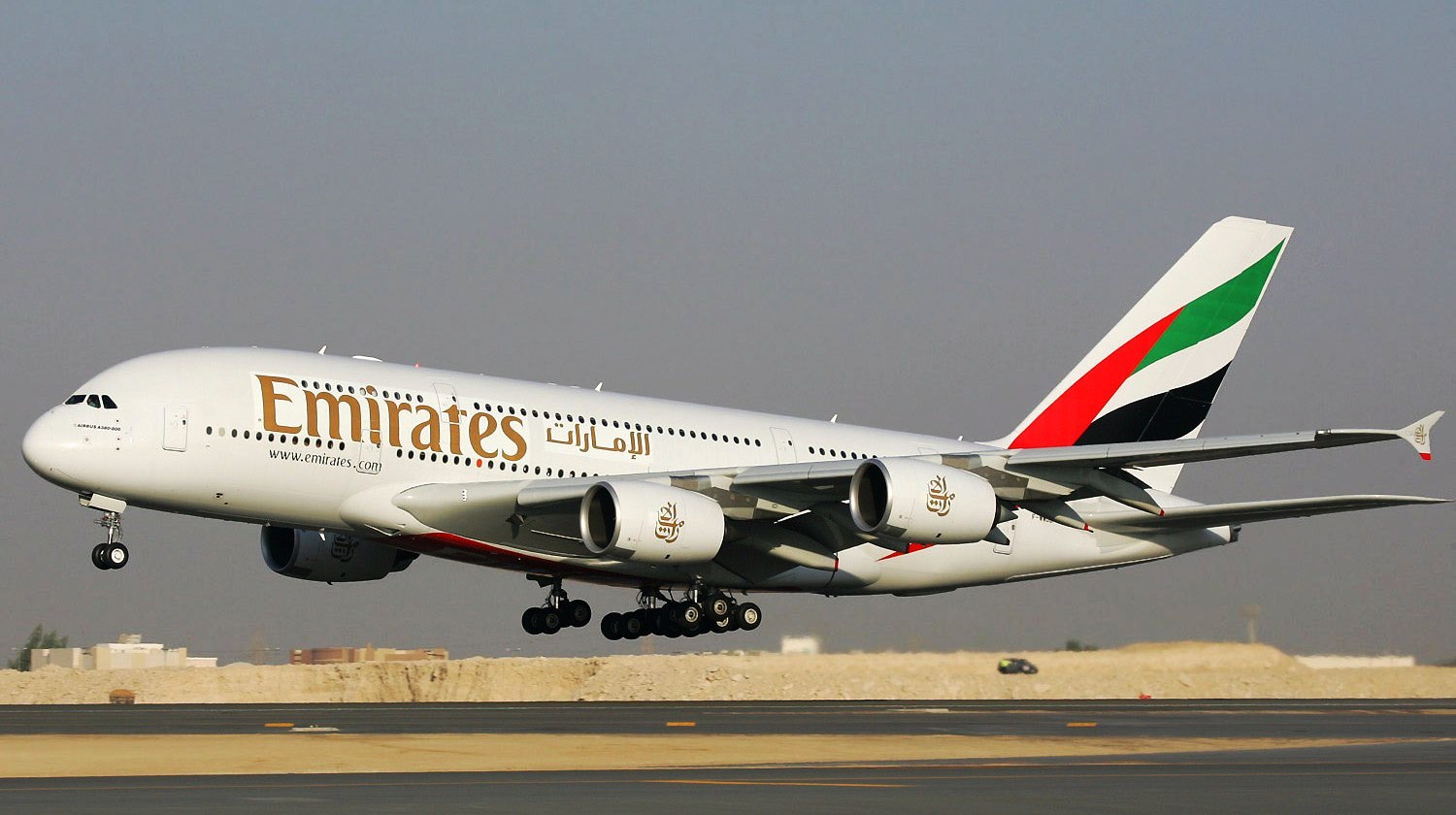- FG Loses N43.48bn Foreign Airlines BASA Remittances
The federal government may have lost over N43.48 billion ($144 million) remittances paid by international airlines as reciprocity charges in the Bilateral Air Service Agreement (BASA) from 2014 to the end of 2016 due to the decision of the Ministry of Transport to stop collecting the charges without providing alternative payment platform for the airlines.
These are royalty payments for the frequencies operated by the foreign airlines from Nigeria to destinations where there are no corresponding reciprocity from Nigerian airlines. The payments are calculated per passenger and over the years millions of dollars have accrued to Nigeria, which were used for airport and other aviation development. These funds used to be in the custody of the defunct Nigeria Airways Limited (NAL) before it was liquidated.
However, the federal government has just been allowing these foreign airlines to operate freely to Nigeria and at the same time government allots multidesignations to the foreign carriers thus stifling the market for the local airlines.
Industry stakeholders said such accruals could have been used to upgrade and rebuild the nation’s navigational aids, provide airfield lighting at the country’s many airports or used to support aviation agencies and reduce the huge charges domestic carriers pay to the parastatals.
The then Ministry of Aviation scrapped the payments in response to the request of the International Air Transport Association (IATA), which indicated that its member airlines should stop paying royalties to nations.
It was gathered that mostly European carriers campaigned for the abrogation of payment of royalties through IATA and while other countries were still studying the request, Nigeria hastily adopted the policy. As a result, over 30 foreign carriers that operate into Nigeria do not pay royalties to government.
According to authoritative source from the Ministry of Transport, the ministry, which quickly spearheaded the scrapping of BASA funds did not introduce slot allocation as an alternative and which would have yielded more revenues to government.
While Nigeria had since scrapped the payment of royalties, other countries still collect same from airlines that operate to their cities.
The source said that the decision was self-serving and was never done in the interest of the country.
Rather, some airlines might have massaged the parochial interests of officials in the Ministry of Aviation to quickly adopt the policy which deadline had not been given and might not be given in the nearest possible time,” a source said.
“Since the scrapping of payment of royalties there has not been any directive about what to do next. This would be handled by the Ministry of Transport because it was the Ministry that removed the payments, although in other countries it is the Civil Aviation Authority that negotiates BASA and frequencies with representatives of other countries. It is a peculiar situation in Nigeria that the Ministry has to do all these things,” the source added.
The source noted that since the scrapping of BASA funds there has been funding gaps because “we don’t go to their countries, they come. We don’t have the capacity to operate international destinations, but the decision was taken too quickly by the Ministry of Transport. Overseas, you deal with CAAs. It is even our officials that fly to those countries to go and negotiate when we do not have our airlines to benefit from it. They should have come here to negotiate with us, which is the way it is done elsewhere.”
Industry veteran and former President of Aviation Round Table (ART), Captain Dele Ore on Monday condemned the decision of the federal government to scrap the payment of royalties by the foreign airlines and said the decision to remove it was ill advised because there is nothing Nigeria is getting from the foreign carriers.
The Executive Chairman of Airline Operators of Nigeria (AON), Captain Nogie Meggison attributed the decision to scrap the BASA payment by the Ministry to the many bad policies that had held the aviation industry down, saying that it is BASA that governs the country’s foreign airlines’ policy and therefore should be reviewed.

 Forex2 weeks ago
Forex2 weeks ago


 Naira2 weeks ago
Naira2 weeks ago
 Billionaire Watch2 weeks ago
Billionaire Watch2 weeks ago




 Naira2 weeks ago
Naira2 weeks ago




 Naira2 weeks ago
Naira2 weeks ago




 Naira4 weeks ago
Naira4 weeks ago


 Naira6 days ago
Naira6 days ago
 Banking Sector4 weeks ago
Banking Sector4 weeks ago






















